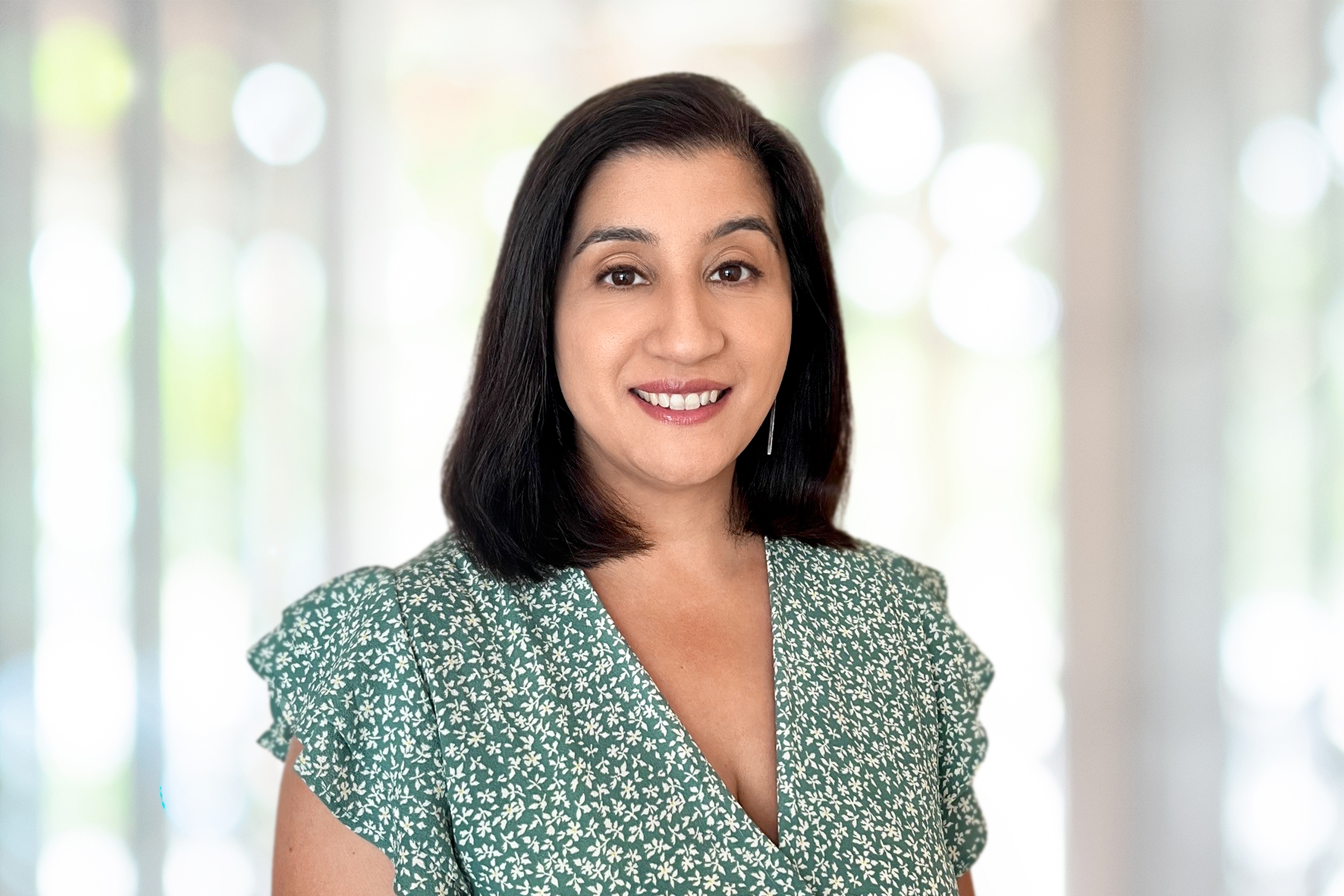WHEN TO TAKE SOCIAL SECURITY
It’s an important question, but the answer depends on your situation.
Article published: May 31, 2024

Getting Social Security right is typically one of the biggest single financial decisions most households will make. And it’s never made any easier by news media reports on political wrangling over funding or cuts, which can lead to people feeling nervous about whether they should start taking benefits early – “before the money runs out.”
But putting the headlines aside for the moment, let’s take a clear-eyed look at when to take Social Security benefits and how they may fit into your retirement plan.
We expect that Social Security will continue to be around in some form in the future, but for most people, it won’t be enough to retire on – regardless of what is going on in Congress or with the economy at any given time.
That’s why it’s important to look at when to take Social Security in the larger context of your retirement planning. Generally, we advise clients to work up until their Full Retirement Age if possible, and not to take Social Security until then – and putting it off further is even better. (Your Full Retirement Age will depend on which year you were born but is generally between ages 66 and 67.)
WATCH: WHEN SHOULD I TAKE SOCIAL SECURITY
The co-hosts of Everyday Wealth are not employees or clients of EFE. They receive fixed cash compensation for acting as host, and have an incentive to endorse EFE and its planners.
THINK ABOUT YOUR CIRCUMSTANCES
Here’s something to consider when deciding when to take Social Security: The youngest age at which you can begin to receive Social Security retirement benefits is 62 – but the longer you can wait, the better. Benefits can increase by as much as 8% each year, so depending on your Full Retirement Age, your benefits could be reduced by as much as 30% if you start to take them at age 62. So, do you take a smaller check at 62, wait for a larger check at FRA or delay even further to age 70?
It all depends on your circumstances. You’ll need to consider the following questions:
- How long might you live?
- How long will you work?
- Is yours a dual-income family?
- Is there a significant age gap between spouses?
- Do you have specific survivorship concerns?
- Are you widowed or divorced?
- Do you have a blended family?
- Do you have multiple sources of income?
- How could taking benefits affect your tax situation?
The list could go on, and depending on how you answer those questions, things can start to get pretty complicated. And so it becomes clear that there isn’t a one-size-fits-all answer to the Social Security question.
But as a general guideline, let’s take a look at what your options are to collect Social Security.
TAKING SOCIAL SECURITY EARLY
Some people can’t (or don’t want to) work until their Full Retirement Age, especially if they need the income immediately because of insufficient retirement savings or they have critical health concerns that have shortened their life expectancy. You can begin receiving benefits as early as age 62. But for every year you wait, your benefit increases, as much as 8%, to age 70.
TAKING SOCIAL SECURITY AT FULL RETIREMENT AGE
Many people will file at their Full Retirement Age. But do you want to let the government decide when to take your benefit? Just because it’s called Full Retirement Age doesn’t mean that’s the right time to collect your benefit. Waiting until you’re age 70, if that is possible for you, can mean higher benefits.
DELAYING SOCIAL SECURITY UNTIL AGE 70
This is a great option for those who have other sources of retirement income. If you’re a married couple and the primary earner delays benefits, you get an additional bonus: Spousal and survivor benefits also increase. Between two spouses, you could increase your expected lifetime Social Security benefits by $200,000 or more.
We know that news that suggests future Social Security benefits might be cut, can be alarming. But history also shows us that this is a conversation people have been having for decades – and it’s been a bit of a point of political debate since its creation. In his 1981 letter to Congressional leaders, for example, President Ronald Reagan said: “The Social Security System is teetering on the edge of bankruptcy. … Unless we in government are willing to act, a sword of Damocles will soon hang over the welfare of millions of our citizens.” (Source: ssa.gov)
We don’t mean to suggest that there aren’t very real concerns about the future of Social Security – only that we would urge anyone to look at Social Security as part of your bigger retirement picture and to avoid making decisions out of fear.
As ever, the best thing we can suggest is that you speak with a financial advisor who will take into consideration every aspect of your personal finances. It’s one thing to run a financial analysis, but there are other, more personal factors to think about, and a planner can help you determine a Social Security withdrawal strategy that works best for you and your family.
WATCH: TIPS FOR TAKING SOCIAL SECURITY
The co-hosts of Everyday Wealth are not employees or clients of EFE. They receive fixed cash compensation for acting as host, and have an incentive to endorse EFE and its planners.
The co-hosts of Everyday Wealth receive cash compensation for acting as hosts of the Everyday Wealth™ podcast and for related activities and therefore has an incentive to endorse Edelman Financial Engines and its planners. That compensation is a fixed sum paid on an annual basis; and reimbursement for certain expenses. The amount paid each year does not vary, is not based on show content or any results-dependent factors (e.g., popularity of the show).
The co-hosts of Everyday Wealth receive cash compensation for acting as hosts of the Everyday Wealth™ podcast and for related activities and therefore has an incentive to endorse Edelman Financial Engines and its planners. That compensation is a fixed sum paid on an annual basis; and reimbursement for certain expenses. The amount paid each year does not vary, is not based on show content or any results-dependent factors (e.g., popularity of the show).
Decisions regarding Social Security are highly personal and depend on a number of factors such as your health and family longevity, whether you plan to work in retirement, whether you have other income sources as well as your anticipated future financial needs and obligations.
AM3507203




